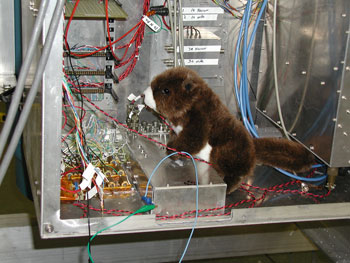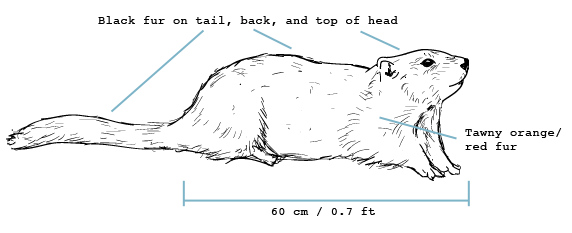On the mORMot roadmap, we added a new
upcoming feature, to implement one-way callbacks from the
server.
That is, add transparent "push" mode to our
Service Oriented Architecture framework.
Aim is to implement notification events triggered from
the server side, very easily from Delphi code, even over a single HTTP
connection - for instance, WCF
does not allow this: it will need a dual binding, so will need to open a
firewall port and such.
It will be the ground of an Event
Collaboration stack included within mORMot, in a KISS way.
Event Collaboration is really a very interesting pattern,
and even if not all your application domain should be written using it, some
part may definitively benefit from it.
The publish /
subscribe pattern provides greater network scalability and a more
dynamic SOA implementation: for instance, you can add listeners to your main
system events (even third-party developed), without touching your main
server.
Or it could be the root of the Event Sourcing part of
your business domain: since callbacks can also be executed on the server side
(without communication), they can be used to easily add nice features like:
complete rebuild, data consolidation (and CQRS), temporal query, event
replay, logging, audit, backup, replication.



